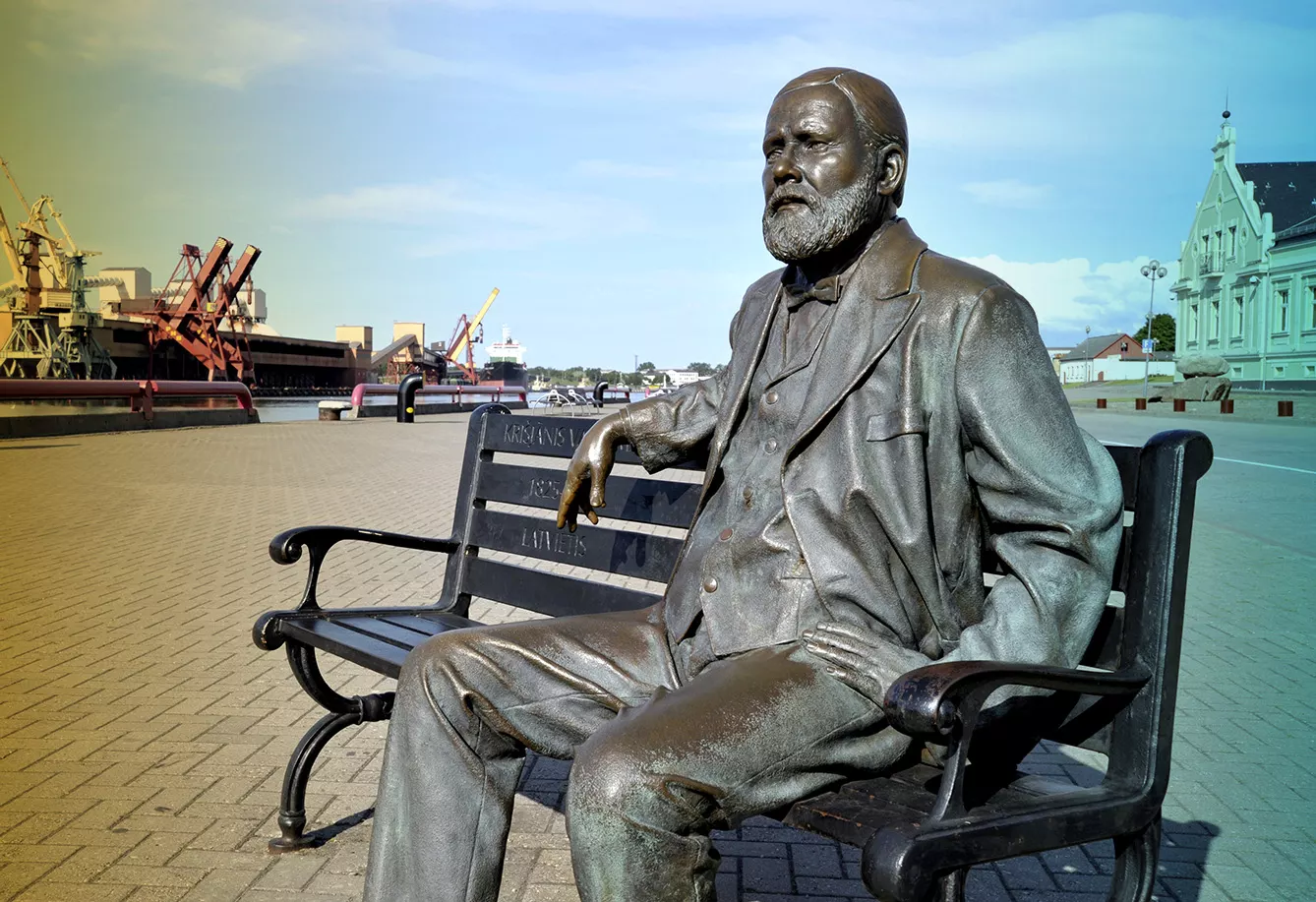In the nineteenth century, the majority of people living in the region of Central and Eastern Europe were under the rule of one or another power. It was, therefore, characteristic of the period and of these peoples that, most often, they had neither state traditions nor a national legacy.
Protection of the Latvian language, obtaining certain political freedoms within the Russian Empire, and fight against German influence was a plan calculated to last for generations
This was the case with some of the Baltic nations, including Latvia. No one can discount the role that the cultural legacy and founding myth play in the process of nation and state-building. However, the leading representatives of the Latvian nation coped with this as well, the effects of which we see today in the form of a normally functioning state.
Realistic thinking in Latvian national awakening
Unlike the Lithuanians, for example, the Latvians did not have such a legacy until the 19th century. The territory of modern Latvia was settled for centuries by Baltic tribes that had no sense of community beyond their own tribe. In more recent times, these peoples were under German cultural influence. And this may be one of the most important factors through which the Latvian nation emerged.
In the 19th century, the geopolitical and social situation of the future Latvian nation was being pulled in multiple directions. On the one hand, the rule of Tsarist Russia, and on the other hand, the strong cultural influence of the Baltic Germans. Russia, nation, and freedom are a bit out of play with each other.
Thus, in this situation, the creators of the Latvian nation had to show a great deal of realism. They decided that it would be best to play for the protection of the Latvian language, obtain certain political freedoms within the Russian Empire, and fight against German influence. It was a plan calculated to last for generations.
The Empire itself seems to have come to the rescue. Latvia at that time was quite developed economically – it provided a large amount of agricultural production for the Empire. Unfortunately, the upper classes were German and did not treat the Latvians, who were getting poorer day by day, with due respect. This led to an internal rebellion spurred on by feelings of separateness and dignity.
From Tsarist Russia to NATO
The Latvians were greatly aided in their efforts by tsarist reforms, which included establishing a uniform education system in the imperial territory. It gave Latvians access to universities. From there, things progressed exponentially. Where there was access to education, there was the development of national ideas, scientific and patriotic circles, thinkers, rebels, the first timid publications in the national language and… founding fathers. It was no different in this case.
And so it was that Latvians studied at the University of Tartu in Estonia, among them Krišjānis Valdemārs – the spiritual father of the Latvian national revival. The subsequent fate of Latvia, like that of many other nations in the region, is complicated and full of surprising turns but has resulted in a thriving nation that is now a member of the European Union, a member of NATO, and an increasingly important part of the Alliance’s eastern flank.







